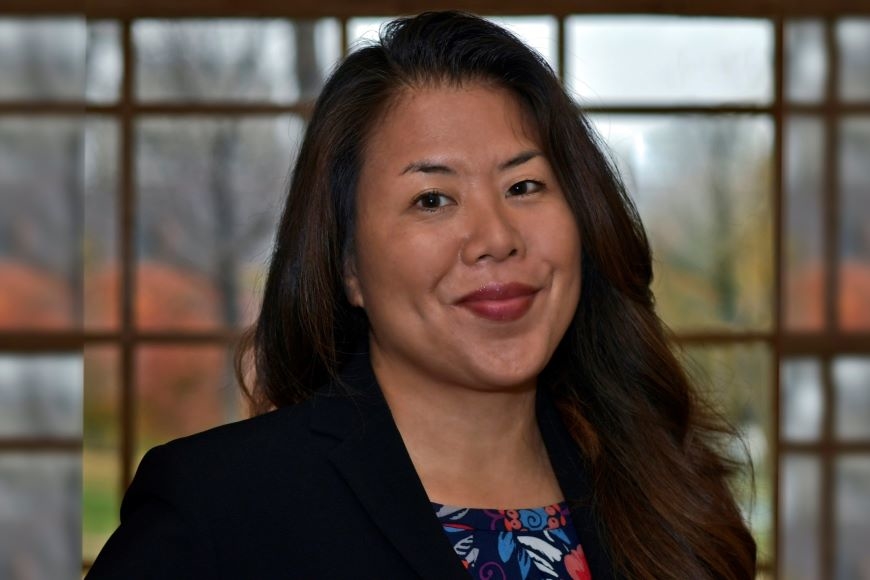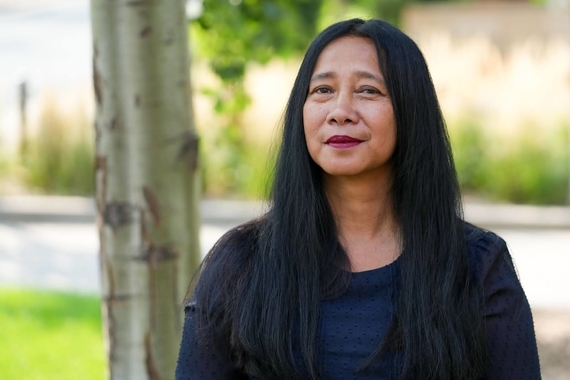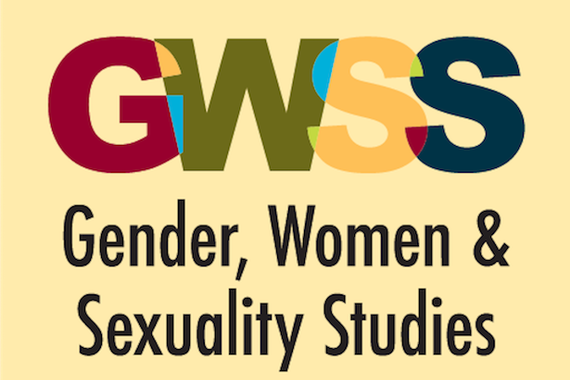Kari Smalkoski: Meeting Students Where They’re At
Kari Smalkoski never planned on becoming a professor. Her roles in the gender, women & sexuality studies (GWSS) department and the Asian American studies program were preceded by a career as a high school English teacher. Ultimately, it was Smalkoski’s love for students and passion for public institutions that led her to working at the University of Minnesota.
As a teacher, Smalkoski knew that the fundamental issues of public education were beyond her power to change. “I was getting frustrated because there were these really big systems that were really troubling to me,” she explains. “And there was nothing I could do to change them on the inside.”
Opening Doors through Human Connection
At the beginning of her journey towards a PhD, Smalkoski interviewed a professor for a class assignment and left with a job offer. “I went into that meeting so nervous because I'd been reading her work and I was in awe of her as a social scientist,” says Smalkoski. To her delight, the professor was not only wonderfully welcoming but also thought Smalkoski was the perfect graduate student to help with her research.
For three years, the two of them worked together on a research project that eventually led to Smalkoski’s dissertation about the impact of school choice programs and educational reform on youth in the Twin Cities. This chance meeting influenced everything that was to follow and made Smalkoski realize the power of possibility.
“You never know when these opportunities are going to happen,” she says. “You never know when you're going to connect with these people who you're just supposed to connect with.”
Forming connections is especially important in Smalkoski’s career. Whether it’s connecting with students or with broader communities, it is essential for her to go the extra mile and create lasting relationships with mutually beneficial results.
Interdisciplinary Teaching and Research
Smalkoski is a social scientist who does community-engaged work as a part of her scholarship, research, and teaching. She is currently working on a variety of different things, including writing her first book manuscript, co-authoring an article on Olympic gold medalist Suni Lee, and serving as co-principal investigator on the MN Transform leadership team.
MN Transform—a $5 million higher education initiative funded by the Andrew W. Mellon Foundation—is a particularly important grant for the U of M. Its generosity encourages faculty and staff to address racial justice in the University and across the state.
These multifaceted projects strongly relate to Smalkoski’s interest in issues related to race, gender, sexuality, social class, and public education. Her interdisciplinary work makes GWSS a perfect place for her to continue to learn, teach, and connect.
“In GWSS, it’s really different [from other departments] because [faculty] come from so many different disciplines,” she explains. “And then we all work together to work with our students who also come from a variety of backgrounds.”
Smalkoski just recently completed her first year of teaching in GWSS. A standout class for her is Girls, Girlhood & Resistance, where she encourages students to think about gender and power through activities, conversations, and writing prompts. She plans on continuing to offer this course each spring while also developing new courses on her scholarly interests such as gender and sports, masculinity, and LGBTQ youth.
Student engagement is one of Smalkoski’s main goals. “I work very hard to make everybody feel like they have a voice in my class,” she says. Her time as a high school teacher taught her to engage with all students, and she continues to practice this value in classrooms with undergraduate and graduate students. She is adamant about creating community amongst her students of all backgrounds and identities.
“With students, it's about mentorship and connection and meeting them where they're at.”
A Champion for Public Education
Though she ended up in the University setting, Smalkoski will always be an advocate for public K–12 schools. After being inside the public education system, she knows firsthand what it’s like for students.
Smalkoski notes that the term “achievement gap” gets thrown around a lot when talking about race and class in public schools, but she urges people to think differently about the concept.
“The term ‘achievement gap’ often focuses on the students, as if it's their fault,” she says. Instead, Smalkoski believes in holding institutions and communities accountable for how their decisions will impact the lives of kids and teens.
To combat placing the blame on kids, Smalkoski encourages students to share their stories; many people have no idea what really goes on in schools or what contributes to students’ struggles. Smalkoski co-founded and currently co-directs Minnesota Youth Story Squad (MYSS), an organization in the College of Liberal Arts (CLA) and GWSS that amplifies the voices of youth in Twin Cities public schools.
The success of MYSS secured Smalkoski the funding she needed to continue researching the organization’s impact on the 1,000+ students they have served so far. She is the principal investigator on this research project, which is funded by the US Department of Education and seeks to dig deeper into the power of storytelling.
“We can talk about numbers and statistics and structures and institutions, and why they're flawed and how they need to change, but if we don't hear stories from actual students, I don't actually think people will be moved to change anything,” she says. “Stories are so powerful.”



